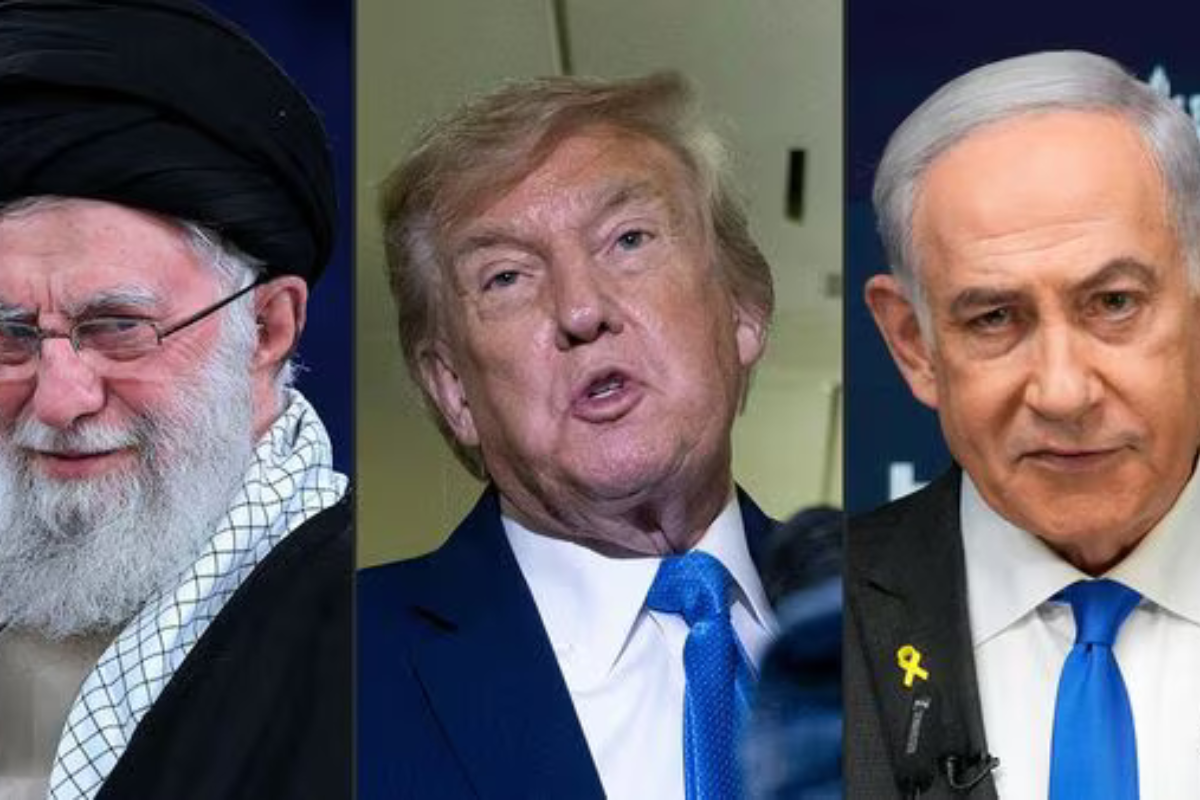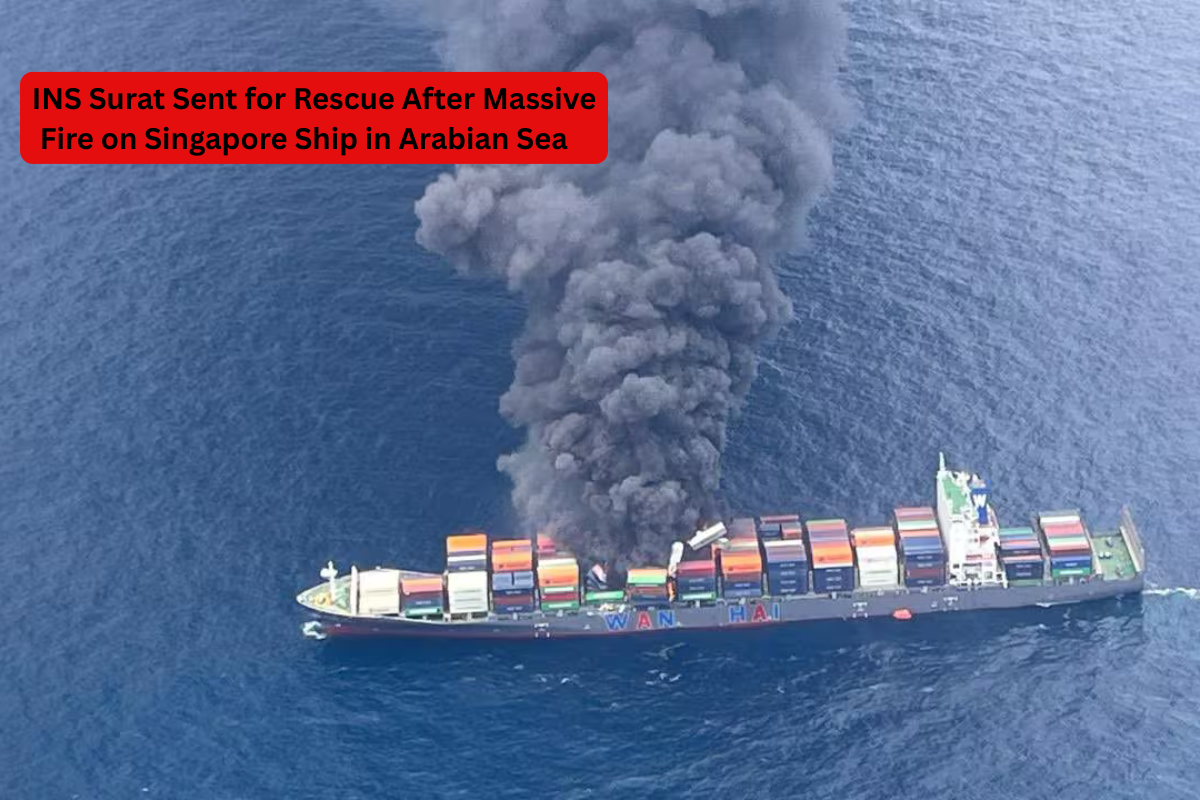In a surprising development on Monday, former U.S. President Donald Trump announced a ceasefire agreement between Israel and Iran, stating that the two arch-rivals had agreed to end their violent 12-day conflict. The announcement came during a press briefing in Washington, where Trump claimed that Qatar had successfully mediated the deal between the two nations.
According to Trump, under the agreement:
- Iran would stop all attacks immediately.
- Israel would follow by halting military actions after 12 hours.
He described the development as a major step toward restoring peace in the Middle East and even called it “the beginning of a new chapter.” However, just hours after his announcement, the situation on the ground told a different story.
Missile Strikes Continue Despite Ceasefire Claims
Despite Trump’s confident declaration of peace, Iran launched a new wave of missile strikes targeting southern regions of Israel. According to local media reports and officials, the strikes killed at least three civilians and injured eight more.
Israel retaliated by conducting air raids on Iranian military installations, including strategic areas around Tehran. Videos shared online showed large explosions lighting up the night sky, raising concerns that the conflict was far from over.
Iran Rejects ‘Formal Agreement’ – Sets Own Conditions
Iran’s foreign minister Abbas Araghchi quickly responded on social media, denying any final ceasefire agreement. He tweeted that although discussions had happened, Iran would not stop its military operations unless Israel completely ended its attacks by 4 AM Tehran time.
In his tweet, Araghchi stated:
“No ceasefire is in place until the Israeli aggression ends completely. Iran’s defense actions will continue.”
This statement contradicted Trump’s claim and made it clear that the deal was not yet officially agreed upon by both sides.
Iran Also Targets US Military Base in Qatar
In a bold move, Iran also fired a missile at the U.S. Al Udeid Air Base in Qatar, which houses American forces in the Gulf region. Fortunately, no casualties were reported, as the missile was detected early and intercepted by defense systems before it could cause damage.
This incident has raised serious concerns in Washington and NATO, with many now questioning the stability of U.S. forces in the region and the risk of further escalation.
Qatar’s Role and Regional Reactions
The State of Qatar was reportedly the key mediator between Iran and Israel. Qatari officials have not yet confirmed Trump’s version of the ceasefire deal but expressed hope for “an immediate end to hostilities”.
In response to the growing conflict:
- Qatar and Bahrain partially shut down their airspace.
- Oil prices spiked, with markets reacting nervously to the possibility of a wider war in the Gulf.
- Global powers including the United Nations, Russia, and the European Union called for restraint and peaceful negotiations.
Impact on Global Markets and Diplomacy
The 12-day war, although brief, had significant global consequences. Military experts say this is one of the most dangerous flare-ups between Israel and Iran in recent years. It disrupted shipping routes, impacted oil and gas markets, and triggered a new wave of diplomatic activity in New York and Geneva.
U.S. President Joe Biden, currently on an official trip to Europe, has not yet commented officially but is expected to hold an emergency meeting with NATO allies.
Conclusion
While Trump’s announcement gave a temporary sense of relief, the reality on the ground shows that hostilities are far from over. Iran’s missile attacks and Israel’s retaliatory airstrikes suggest that the ceasefire is either fragile or not yet in effect. Until both nations officially confirm and commit to peace, the risk of a wider conflict continues.



